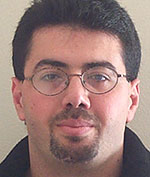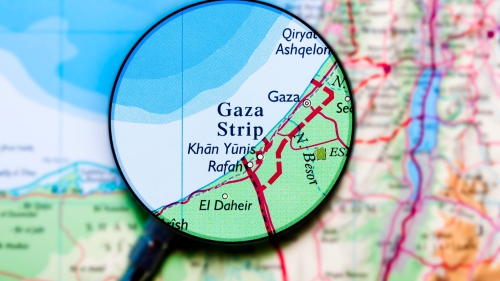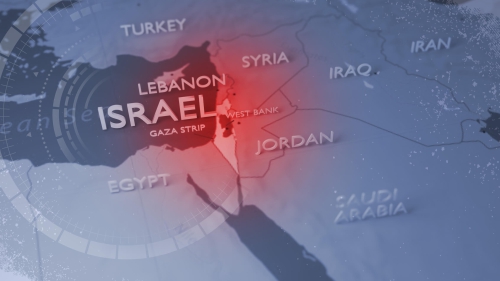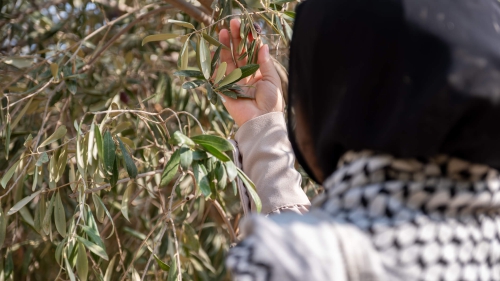The Case of LA 8: 15 Years of Untold Injustice
|
|
While presidents come and go, attorney generals arrive and depart, the LA 8 case carries on. 15 long years have passed, and the seven Palestinians and one Kenyan who championed the cause of Palestine, advocating human rights, justice and international law, are still awaiting an indeterminate fate: to be deported from the US or to stay. Their crime is similar to a crime committed by many of us, advocating justice for Palestinians.
"Frankly, the case sounds like something that happens in Third World police states," exclaimed the Orange County Register editorial in its July 12, 2001 issue. But in a quickly changing world, even third world countries are refraining from using such tactics anymore, tactics that were used by the FBI against many individuals here in the US.
Michel Shehadeh, now West Coast regional director of the American-Arab Anti-Discrimination Committee (ADC) is one of the eight involved in the case. Shehadeh described the beginning of the long-running episode with the US government in a recent article titled, "Living with the LA 8 Threat."
"In January 1987, I was arrested at gunpoint in a pre-dawn raid by more than a dozen federal agents, supported by three carloads of local police and a helicopter hovering over my front door. I was taking care of my three-year old son Ibrahim when the agents barged into my home," he wrote.
"I could have dealt with the whole ordeal much easier if he hadn't witnessed my humiliating arrest. As they pushed me into a police car, I was shocked to see that they left my frantic child behind."
Seven others were arrested on that day, they were all legal immigrants and dedicated students. It was one of those days where First Amendment rights didn't seem to matter because it involved Palestinians.
The FBI fought a bitter and costly fight to indict and deport the activists. At the time of their arrest, the eight individuals were said to be advocates for "world communism", a charge that resembled the McCarthy era of the 1950's.
Following the passing of the anti-terrorism act of 1996, the Justice Department officials saw a new opportunity to renew its case. Based on claims the group was involved in fundraising for so-called terrorist organizations, the government launched new charges.
Some of these activists did little more than distribute leaflets promoting the Palestinian cause and attend pro-Palestinian demonstrations. Some were even involved in raising funds for Palestinian hospitals and daycare centers.
A letter sent by the ADC to former Attorney General Janet Reno in 1999, emphasized that even former FBI director William Webster testified before Congress that the activists "have never engaged in any criminal conduct, and had they been US citizens all of their activities would have been protected by the First Amendment of the United States Constitution."
Twice in July and September of 1997, a federal appeal court, the 9th US Circuit Court refused and reaffirmed its objection to the attempt to deport the activists, decisions that questioned the anti-terrorism law itself for attempting to strip federal courts of their authority to review immigrants' constitutional claims.
But once again the US government's position received a boost, this time from the US Supreme Court in 1999, when it made its ruling in the LA 8 case, now ADC vs. Reno, that immigrants facing deportation cannot obtain such injunctions from district court judges.
The decision was an unfortunate setback for the beleaguered Palestinian immigrants who were faced once again with government attempts to deport them.
When the eight activists were first arrested in 1987, they were young students, ambitious and daring as they advocated the rights of the Palestinian people. Such a cause was then taboo, but thanks to the struggle and sacrifices of other activists, even the American government does not dare to deny such rights.
Distributing a few leaflets and collec,ting money for hospitals should not be an indictable crime under any law, even if the authority and power is in the hand of the United States government, and even if the accused individuals are Palestinians.
_________________________________________
Ramzy Baroud is a free-lance writer living in Seattle, Washington.
Topics: Crime And Justice, Human Rights, International Law, Palestine
Views: 1144
Related Suggestions


















